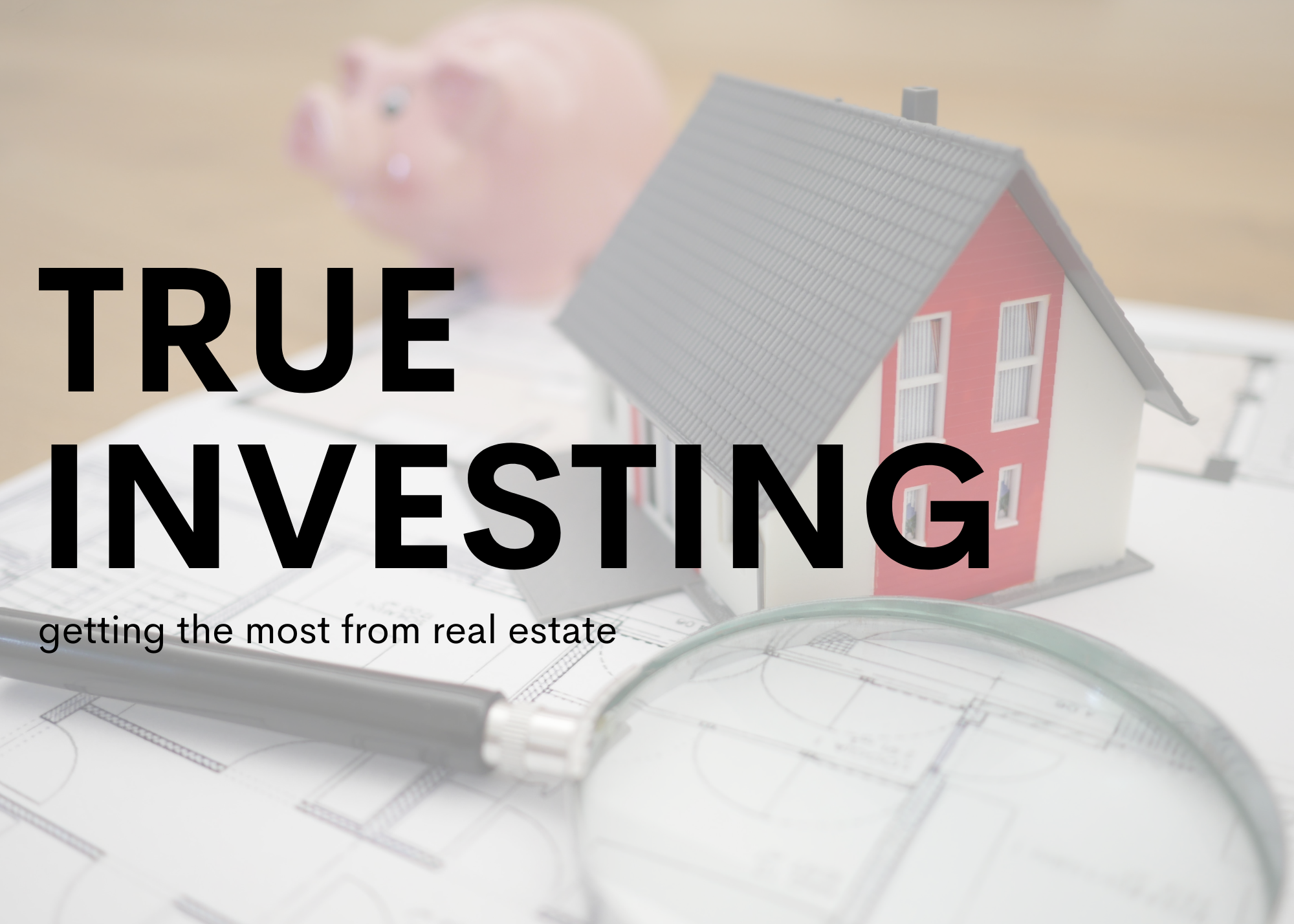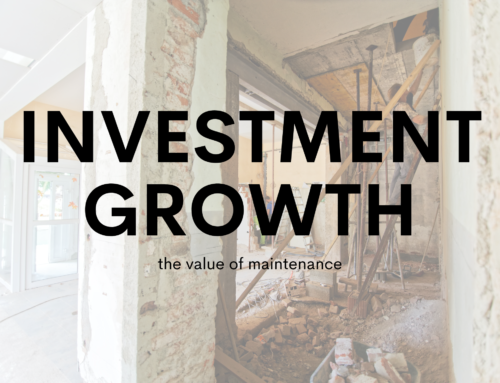While our primary focus is helping people sell and buy their primary residence, we have been flipping properties for decades and know that you make money when you buy. You can make a good return selling an investment home or cash flow well on a rental. So where do you start?
Understanding how to calculate cash flow prior to purchase and knowing a house’s potential selling price after an update is critical to successful real estate investing. You don’t want a rental property that won’t show a return on investment (ROI); you also don’t want to fix up a home if you can’t make enough money to justify the work.
Why Invest in Real Estate?
A. Tax Advantages. From depreciation to the difference between long term and short term capital gains, there are tax advantages within every strategy. Tax deferment options like a 1031 exchange can greatly affect profitability over the long haul. Also, most investment properties can lower your taxable income at the end of the year.
B. Return on Income (ROI). When done right, you will find that real estate has a great return on investment. It may not be as passive as some investments, but it sure can be profitable.
C. Appreciation. Real estate goes up in value and there is a strong likelihood it always will. Let’s be real: people will always need a place to live.
D. It’s Real Property. Real property is the legal distinction that sets it apart from personal property (which is movable). Real property includes land, everything permanently attached to it, and the rights that “run with” the land. Rights include the right of possession, control, exclusion, enjoyment, and the right of disposition. These can change with investment properties, but some rights continue to exist even when a property is rented.
What’s your investment strategy?
Commercial or residential? SIngle family home or multi-family home? Short term rental or long term rental? Renovate and sell? You may choose a hybrid of options. Whatever yourstrategy, know your direction becasue that will determine your approach.
Know your resources
- A realtor who knows the investment market. A good realtor will make you money and protect your edge so that you can be profiable.
- Lending institutions. Develop relationships with a few because they offer various products at different seasons.
- Property management companies. Find one that works well with your investment strategy.
- Licensed contractors. A good investor develops a list of dependable and reasonable contractors.
- A tax professional. Not all tax professionals understand real estate, so interview a few until you find the right fit.
We offer one-on-one counseling and group workshops for those looking to invest in real estate. Both of these options include insider knowledge, designed to get you thinking about real estate as more than a family home and setting you up with next steps.
Let’s talk! Message us on facebook, text a team member or text/call 319-382-6106.









